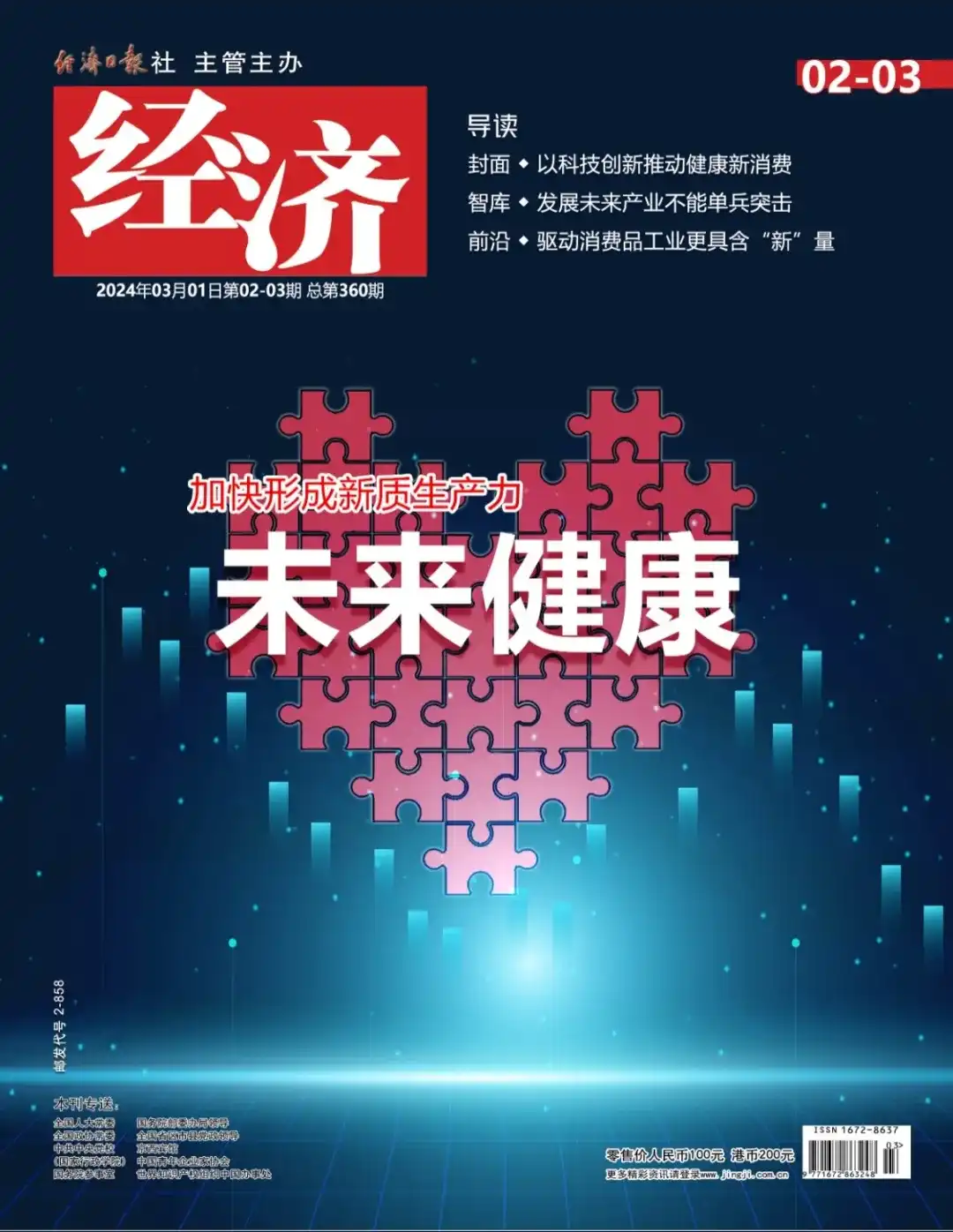Minimum wage promotes corporate digital transformation:Factor substitution and efficiency wage effect
In recent years, China's labor cost advantage has gradually weakened, and the gradual increase in the minimum wage standard has become a significant sign of it. The minimum wage standard is a national rule and regulation formulated by the government to protect workers 'basic income. It is of great practical significance for safeguarding workers' legitimate rights and interests and forming a win-win harmonious employment relationship between workers and enterprises.
Rising labor costs have become one of the main bottlenecks in corporate development. Companies need to find new ways to improve production efficiency and reduce costs. Among them, digital transformation is considered a key strategy. Digital transformation has become an important issue in today's business and economic fields, covering a wide range of applications of technology, from cloud computing and the Internet of Things to big data and artificial intelligence. Companies are increasingly realizing that digital transformation is not only a competitive advantage, but also a necessity for survival.
Governments can influence the digital transformation of enterprises through a variety of policy means, from innovation incentives to labor market adjustments, to talent training and digital strategies. Government policies in different countries and regions have different priorities and preferences, so their impact on digital transformation is also different. In China, the government actively promotes the development of digital transformation through various policies and measures such as raising minimum wage standards, supporting digital innovation, and cultivating digital talents.
最低工资标准倒逼企业数字化转型。直接效应主要体现在以下两个方面:First, an increase in the minimum wage standard will promote the digital transformation of enterprises through a capital-labor substitution mechanism. 企业进行生产活动主要依靠的资本和劳动这两种生产要素在一定程度上存在着替代关系。当一种生产要素相对于另一种要素的价格上升时,企业对该要素的需求量就会下降,反过来通过增加另一种要素的使用来达到预定的产出量。理论上,最低工资是高于市场均衡水平的工资,其上升会导致低于最低工资水平的工人工资上升,进而提高企业的劳动力成本。“要素替代效应”是最低工资调整影响企业数字化转型的重要理论前提,即提高最低工资将导致企业用工成本增加。为了应对这一外部冲击,企业往往用资本或者技术来取代劳动力,通过企业数字化转型提高企业劳动生产率,以降低最低工资标准对企业利润的挤压。
Second, the increase in the minimum wage encourages companies to transform digitally through the efficiency wage effect. 最低工资具有类似于效率工资的作用:一方面,怠工模型表明,在劳动力市场没有充分就业的情况下,最低工资的提高提高了工人不努力工作的机会成本,这可能会倒逼劳动者提高其生产效率,为企业的数字化转型创造了前提条件;另一方面,逆向选择模型认为高工资会激励工人积极接受教育和培训,从而吸引更多高素质的劳动者来企业工作,为企业创新积累数字化转型所必需的人力资本。
Digital transformation cases from many companies show that the adjustment of the government's minimum wage policy has had a significant impact on the digital transformation of enterprises. Companies face the challenge of rising labor costs, but through digital transformation, they have successfully improved production efficiency, reduced costs, and increased the demand for digital talents. Government policies and the positive response of enterprises have jointly promoted the process of digital transformation of Chinese enterprises.
The increase in minimum wage standards has a significant positive impact on the digital transformation of Chinese companies. First, based on the "factor substitution effect", the increase in the minimum wage standard will promote the digital transformation of enterprises through the capital-labor substitution mechanism. Secondly, based on the efficiency wage theory, an increase in the minimum wage standard will force enterprises to increase R & D expenditure and human capital investment, and promote the digital transformation of enterprises. Digital transformation not only helps companies cope with the challenges brought by government policy adjustments, but also provides multiple benefits. It can improve production efficiency, reduce production costs, optimize supply chain management, improve product quality, enhance competitiveness and create more job opportunities. Digital transformation also encourages enterprises to pay attention to the cultivation of digital talents, which helps meet the needs of technical talents. Therefore, digital transformation is not only a means to respond to policy challenges, but also an opportunity for sustainable development of enterprises.
政府进一步完善最低工资制度以及推进中国企业数字化转型,有如下参考意见: First, the formulation of the minimum wage standard must comprehensively consider factors such as local economic development and the degree of digital transformation of enterprises. 随着经济发展水平和数字化水平的提高,政府需要逐步提高最低工资标准,但这一调整应当适度、稳定、可控,要本着实事求是、因地制宜的原则,致力企业发展现状,以及数字化转型的前景。对于劳动密集型企业要注意从现有要素发展动力、潜力等维度进行分析,决定最低工资标准的调整幅度与频率;而对于中西部地区,最低工资的调整幅度不宜过高,频率不宜过快。 Second, further improving the minimum wage system will not only help improve income inequality, but also help continue to promote the digital transformation of Chinese enterprises. 在新一轮经济增速换挡的背景下,通过工资增长的收入分配政策来引导国内消费,进而拉动经济的增长。
China is in a critical period of digital transformation, and policies play an important role in it. The increase in minimum wage standards is part of government policies and has had a profound impact on the digital transformation of enterprises. There is a complex interrelationship between the minimum wage policy and the digital transformation of enterprises, which requires the joint efforts of the government, enterprises and academia to understand and respond to it. Through in-depth research on the relationship between the minimum wage policy and the digital transformation of enterprises, we can provide useful guidance and suggestions for the sustainable development of Chinese enterprises in the digital era. With the joint efforts of the government and enterprises, China will be able to better cope with the challenges of the digital age and achieve sustainable economic growth and social development.

Xiao Yangdong, School of Economics and Management, Northwest University
